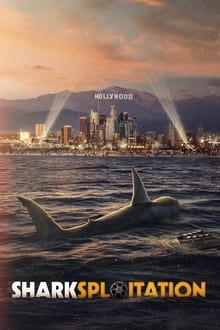
The ultimate deep dive into the world of shark cinema: filmmakers, critics, scholars and conservationists explore the weird, wild cinematic legacy of sharks on film and audiences’ undying fascination with these misunderstood creatures.
You May Also Like
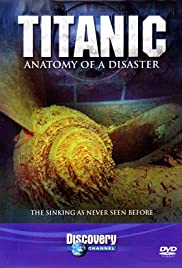
“Titanic – Anatomy of a Disaster” is an original Discovery Channel production that looks into not only the history but the mystery surrounding the sinking of Britain’s most luxurious passenger liner. This investigation, narrated by Martin Sheen, shows a research and recovery expedition that uses science to piece together the final hours of the Titanic: Discovery Channel has assembled a unique investigative team of oceanologists, marine engineers, archaeologists, microbiologists, metallurgists, engineers, writers, historians and movie makers to uncover the truth about one of history’s greatest disasters.
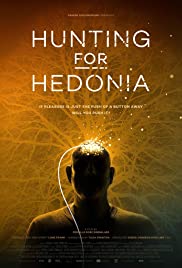
Hunting for Hedonia explores how the burgeoning technology of Deep Brain Stimulation (DBS) will impact human identity and our sense of self. DBS is a revolutionary tool in neuroscience and as a treatment it is crossing over from movement control in Parkinson’s to alleviating mental illness. Trials are underway in depression, OCD, PTSD and eating disorders.
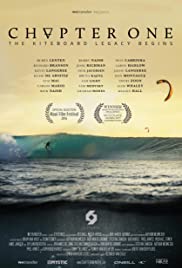
Adventure. Challenge. The simple joy of riding the wind. The best kiteboard riders each have their own reasons for pursuing their sport to its uttermost limits, but they’re united in revealing its breathtaking beauty to the world.
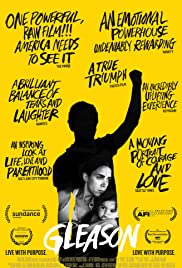
At the age of 34, former New Orleans Saints defensive back Steve Gleason was diagnosed with ALS and given a life expectancy of two to five years. Weeks later, Gleason found out his wife, Michel, was expecting their first child. A video journal that began as a gift for his unborn son expands to chronicle Steve’s determination to get his relationships in order, build a foundation to provide other ALS patients with purpose, and adapt to his declining physical condition—utilizing medical technologies that offer the means to live as fully as possible.
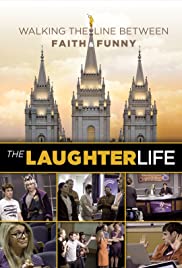
The Laughter Life follows a week in the life of the young comedians who write and star in Studio C, a popular sketch comedy television show that has garnered over 1 billion views on YouTube.
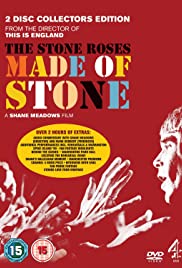
A documentary about the English alternative rock band, The Stone Roses. Meadows interweaves archive film, intimate behind-the-scenes footage and never-before-seen material, delivering the definitive account of the band and their music. He was also granted unprecedented access to their rehearsals for the summer 2012 Manchester concerts. A momentous occasion in modern music, these were the first gigs performed by The Stone Roses in 16 years.
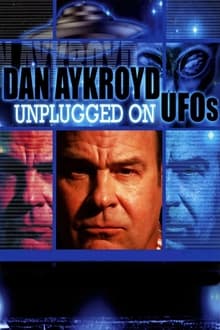
A UFO enthusiast interviews Dan Aykroyd on the subject of extraterrestrials visiting Earth.
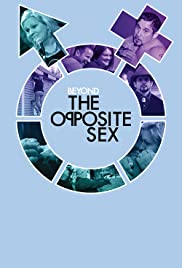
A transgender man and woman face the challenges of maintaining relationships.
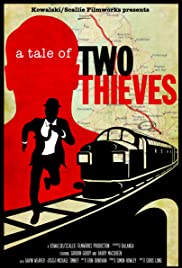
In 1963 in the countryside in England, fifteen men pulled off ‘The Great Train Robbery’ netting today’s equivalent of $85million. This incredible film features Gordon Goody, one of the instigators of the crime, for the first time ever, revealing the identity of the missing mastermind behind Britain’s most famous heist- the elusive and mysterious ‘Ulsterman’.
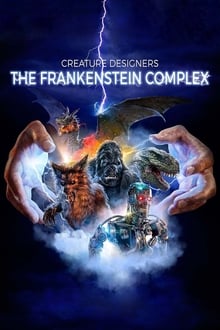
The Frankenstein Complex takes a historical as well as a creative perspective, with a mix of fascinating scenes behind the camera, film clips, and dozens of interviews with all the big names in the industry. In addition to the many wonderful anecdotes, the film also offers a wealth of beautiful test material, while along the way showing how the art of filmmaking has changed over the years. An affectionate ode to monster makers throughout history.
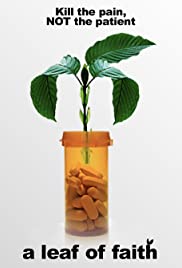
Documentary exploring a plant-based alternative to Opioid painkillers, which are responsible for the deaths of 30,000 Americans a year. It comes from a tree named Kratom, and it is able to alleviate pain and help overcome addiction without many of the side effects of Opioids.